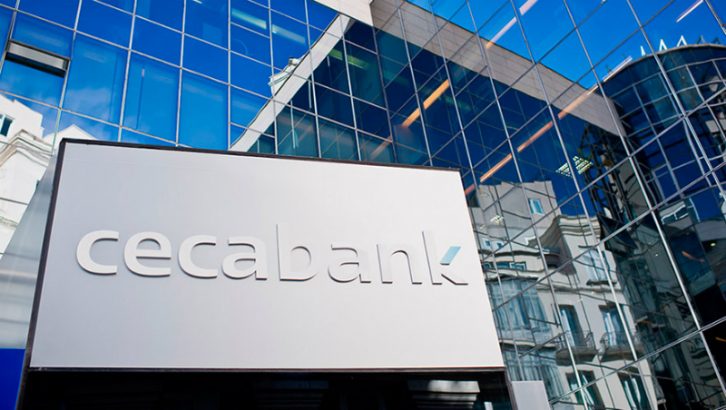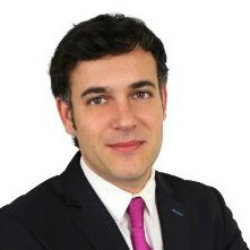

Cecabank and Grant Thornton are establishing a Blockchain Banking Consortium in Spain. El Pais claims the new group includes Abanca, Bankia, CaixaBank, Kutxabank, Ibercaja, Liberbank and Unicaja. It is seeking to lay the groundwork for their use of blockchain in the financial sector.
Jaime Manzano, Head of Reporting, Operational Management and Banking Training Services at Cecabank, describes the initiative as: “the new consortium will provide us with a privileged position on the market, since we will be the first in effect to work with this technology, in a cross-sectoral and multidisciplinary environment. Employees of all our functional areas are not only going to gain an in-depth understanding of the technology, but also of all the new features that arise, which is indispensable, considering the momentum for constant progress maintained by blockchain”. Similarly, Cecabank stresses that it is an: “initiative that forms part of our strategic plan, in which the commitment to new technologies comprising an optimisation of costs, reduced risk and an improved customer experience is a key pillar to our roadmap“.
According to Luis Pastor, Grant Thornton Technology and Innovation Partner: “we are going to work to ensure that this consortium ‘manufactures’ the first usable blockchain banking applications, but also to turn it into a benchmark hub in Spain for the development of this technology, an epicentre which third-party institutions from various sectors can join to maximise their benefit. Our intention is to help Cecabank to implement the technologies necessary for its companies to be the first to make good use of the advantages that blockchain is expected to produce”.
How will the Spanish bank consortium work?
The consortium will start by creating applications which offer a real impact on the banking business. One of the first tools is intended to increase efficiency in the prevention of money laundering processes. This enables secure digital identification of customers, thanks to a KYC (Know Your Customer) recognition system based on a blockchain. The consortium will also commission other proofs of concept which streamline traditional banking processes, or generate new business models.
Applications will be developed on the back of technologies such as Ethereum and Hyperledger. To leverage common knowledge, Cecabank and Grant Thornton have established a collaborative environment to research advances in blockchain technology. In a cooperative working ‘hub’, consortium members will be able to test:
- discoveries
- proofs of concept phase
- the viability of blockchain initiatives.
What does it mean?
The Blockchain Banking Consortium allegedly comprises 33% of the Spanish banking sector. Importantly it includes Caixabank – one of the top three Spanish banks. Notably absent are the other two top – Santander and BBVA, where each has pursued separate blockchain paths for some time.
With the Blockchain Banking Consortium the ‘lesser’ Spanish banks can jump on the fintech/blockchain bandwagon. By sharing facilities and experiences, their hope is they will obtain insights which individually each could not afford. It makes logical sense and the presence of a non-finance house third party, in Grant Thornton, may be the key – as the moderator or referee.

























